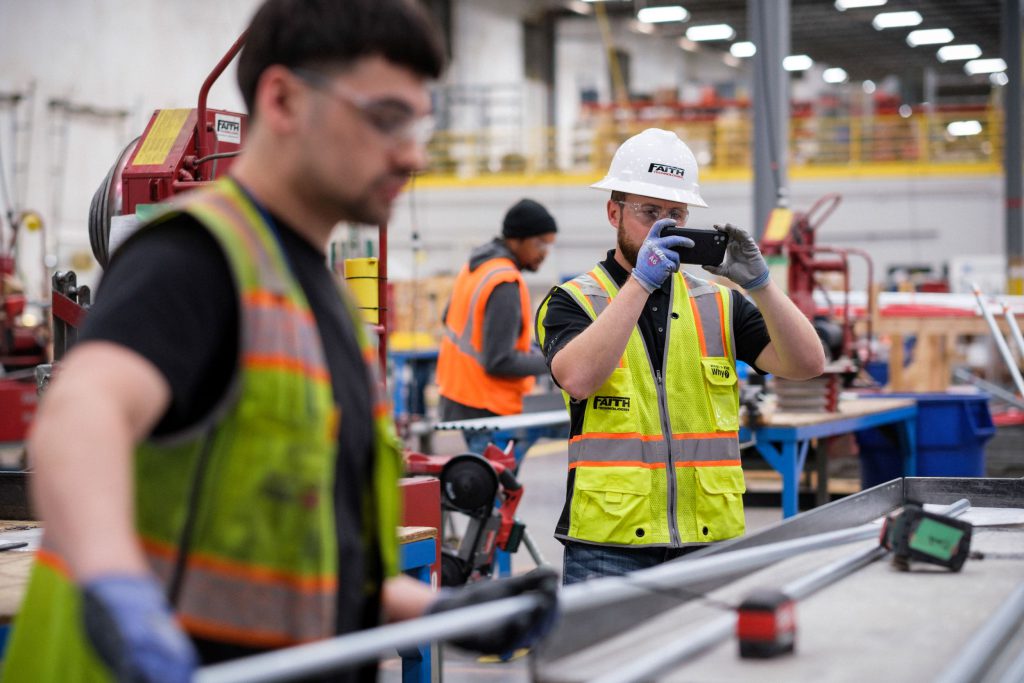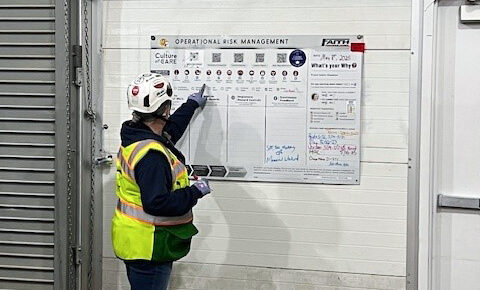
National Safety Stand Down Week is a valuable moment designed to prioritize safety, training and process improvement. Recognitions such as this, as well as National Safety Month in June, are opportunities for companies to pause regular operations and focus on enhancing workplace safety protocols, updating training procedures and addressing any emerging challenges or issues.
Within the manufacturing environment there can be many challenges. Companies often conduct comprehensive safety reviews and audits to identify potential hazards and implement measures to mitigate risks. This may involve reviewing equipment maintenance schedules, inspecting safety work instructions and reinforcing the importance of current or new procedures through training. By dedicating focused time to high-risk activities throughout the year, companies can become more proactive in their safety programs, working to eliminate accidents and injuries, ultimately fostering a safer working environment.
At FTI, we often use these special recognition weeks to provide team members with updated training while working on or around equipment operation, emergency procedures and best practices for performing their job responsibilities safely and efficiently. By investing in ongoing training and skill development, we can enhance team member competency and confidence, leading to improved overall performance and productivity. A few areas that we focus on include:
- Mobile elevated working platform hands-on operations.
- Ladder and elevated platform inspections and safe use.
- Inspection and proper function checks of equipment.
- Fall protection equipment including harness fit testing and proper anchoring.
- Hand tool and power tool use, including inspections and safety devices.
- Emergency action planning, including fire evacuation, tornado sheltering and severe weather protocols.
In addition to safety and training, these dedicated weeks often serve as an opportunity for companies to assess and refine their manufacturing processes. This may involve streamlining workflows, optimizing equipment layouts or implementing new technologies to improve efficiency and quality. By actively seeking ways to enhance operational effectiveness, manufacturers can remain competitive in an ever-evolving industry landscape.
Planning and execution for any type of safety week plays a vital role in promoting a culture of safety, continuous improvement and excellence within a manufacturing environment. By dedicating focused time and resources for areas of improvement that you have identified specific to your workplace, companies can safeguard their teams, enhance productivity and increase knowledge for a safer workplace.










